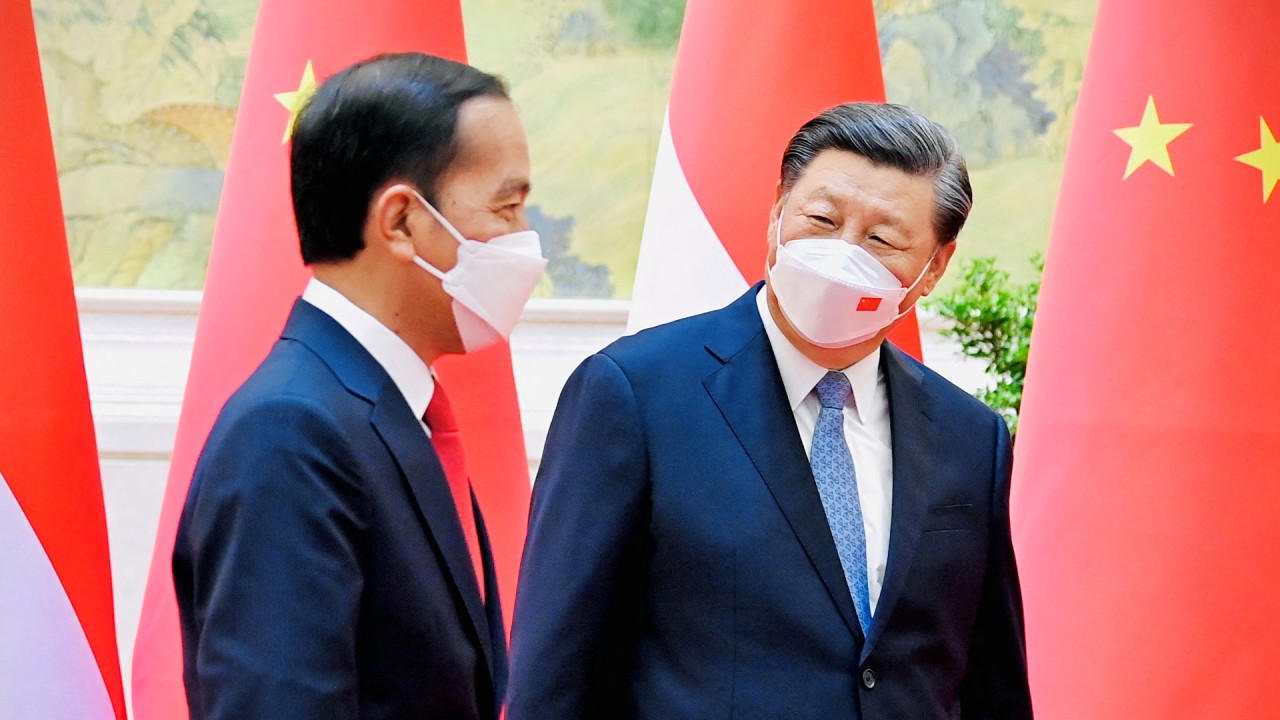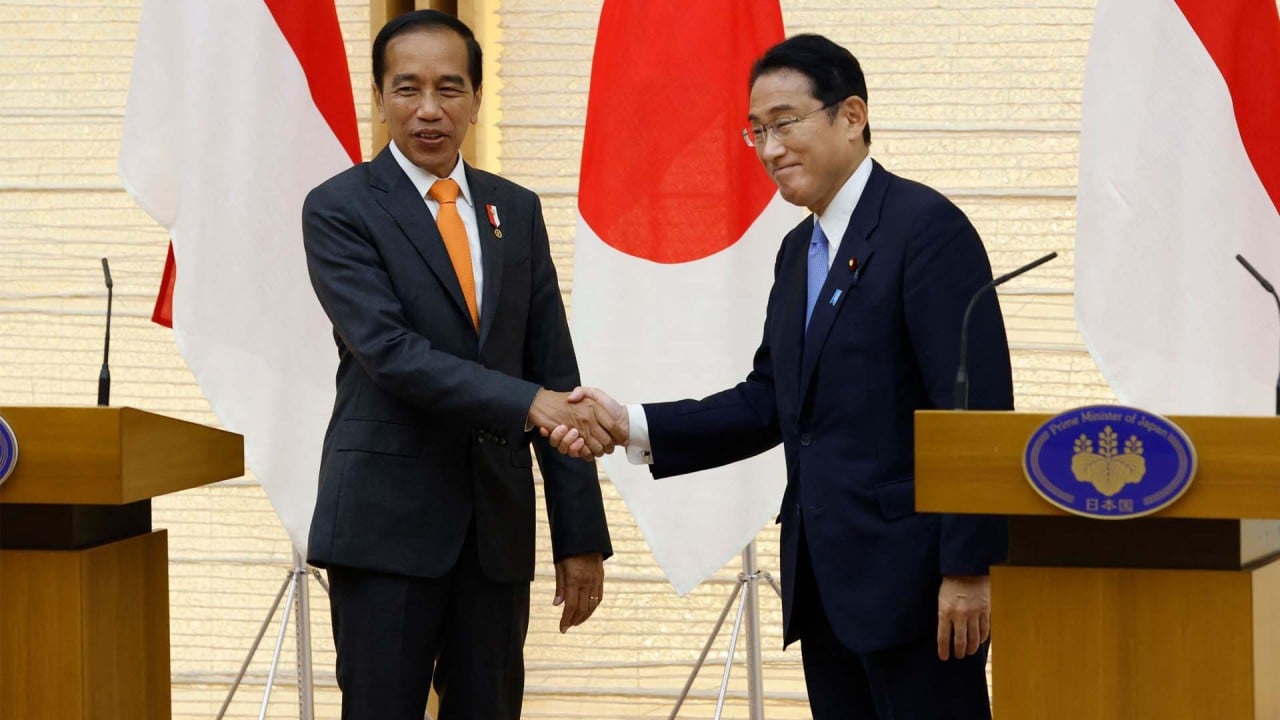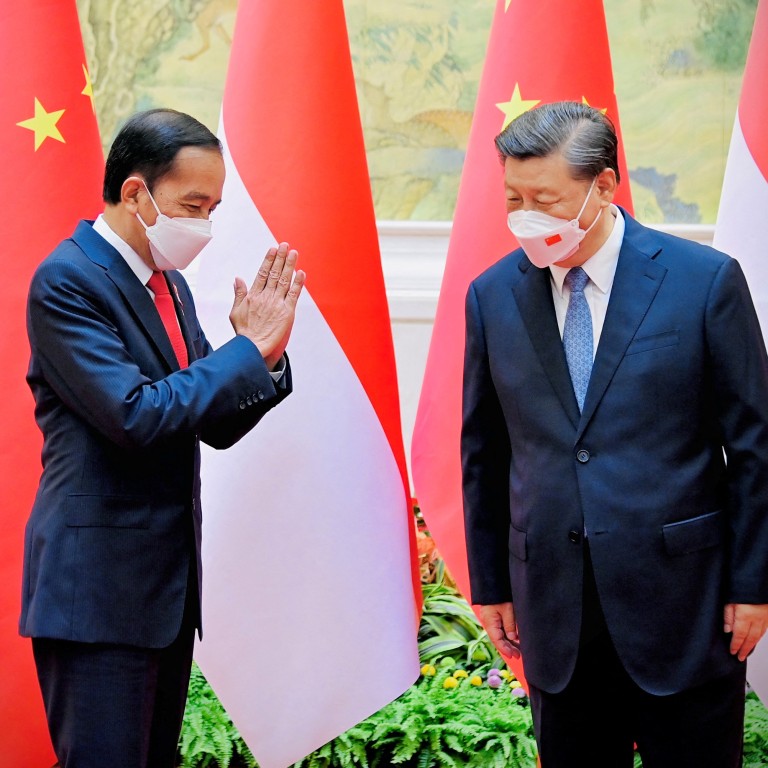
What did Indonesia’s Jokowi hope to achieve with his whirlwind China-Japan-South Korea tour?
- Analysts said Joko Widodo’s three-day tour was ‘straight out of the non-aligned leaders’ playbook’, as Jakarta works to balance its US-China ties
- Economics and trade aside, the G20 Bali summit was a major focus – next week’s Super Garuda Shield military drills with the US loomed large as well
Natalie Sambhi, founder and executive director of Australia-based Verve Research, which focuses on Indo-Pacific civil and military relations, said the tour “was straight out of the nonaligned leaders’ playbook”.
“Visiting Beijing, Seoul and Tokyo not only symbolically demonstrates Indonesia’s desire to remain neutral between major Northeast Asian players, it’s a chance to maximise his time abroad and compare offers for investment and trade cooperation,” she said. “It’s a smart move.”
Who will pay extra US$2 billion for Indonesia’s China-backed high-speed rail?
Japan came next, where Widodo called for support in a range of areas spanning electric vehicles, insurance, medical care and food.
Investment is about securing Jokowi’s legacy but rising fuel and food prices … have added extra impetus
Japan’s Mitsubishi Motor Corp. pledged about US$667 million to produce hybrid electric vehicles and batteries in Indonesia between 2022 and 2025, while Toyota Motor Corp said it would invest US$1.8 billion over the next five years to support EV manufacturing.
“Investment is about securing Jokowi’s legacy but rising fuel and food prices due to the war in Ukraine have added extra impetus for face-to-face discussions with other world leaders,” she said, referring to Widodo by his nickname.
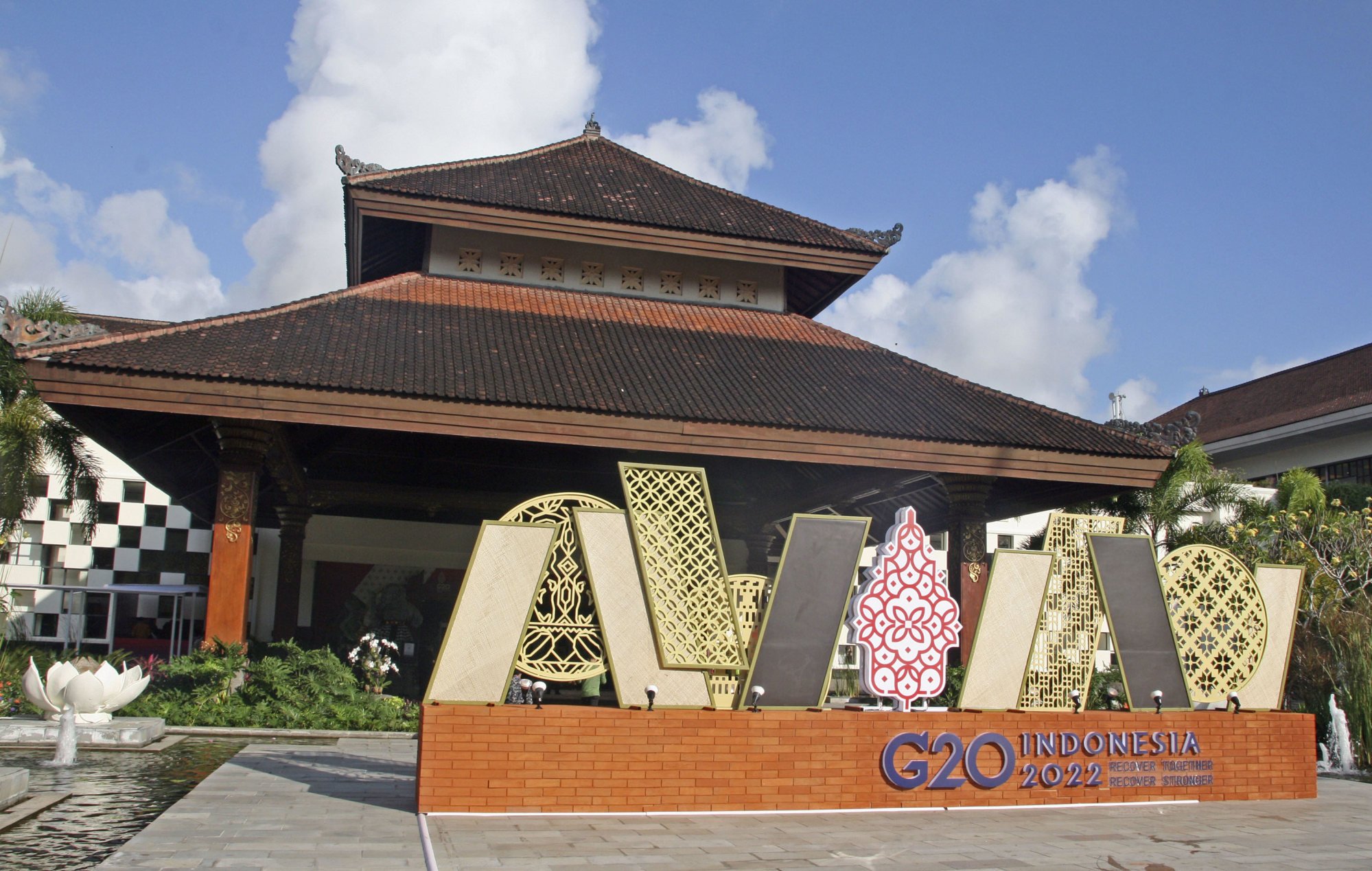
Ensuring the G20 summit’s success
Trade and economics aside, analysts said Widodo was also focused on personally inviting his counterparts to November’s G20 summit in Bali, in a bid to ensure its success.
“Widodo had only directly invited two leaders so far [Russia’s Putin and Ukraine’s Zelensky] … So he wanted to also directly invite important G20 members, to ensure that they will come and support Indonesia’s agenda at the forum,” said Dewi Fortuna Anwar, a research professor at the Jakarta-based National Research and Innovation Agency (BRIN).
“It will be quite significant if Xi Jinping attends in person, as it will ensure the quality of the [summit].”
Does Xi’s Hong Kong trip mean Chinese leaders are returning to the global scene?
Sambhi said that while having Xi there would be a cause for celebration for Indonesia, “there are no bad outcomes” if he does not attend.
“His lack of international travel since the start of the pandemic has set a precedent so it won’t be unusual if he skips the G20,” she said.
Neither Japan or South Korea have confirmed if their leaders will attend in person either, though Wednesday’s joint statement suggested Kishida would be there to sign a revised economic partnership.
Differing political-military approaches
Widodo’s Beijing trip came just days after US Chairman of the Joint Chiefs of Staff General Mark Milley had met Indonesian military chief General Andika Perkasa.
Super Garuda Shield, the two sides’ joint military drills, begin on Monday – with the armed forces of Japan, South Korea, Malaysia, Britain, Canada, France and others as observers.
At a joint news conference on Sunday, Milley and Andika made reference to the increased aggression of China’s military, with Andika citing repeated incursions into Indonesia’s exclusive economic zone in particular.
“Given that the military is responsible for security, it’s not surprising that General Andika has expressed concern about Chinese aggression,” Sambhi said.
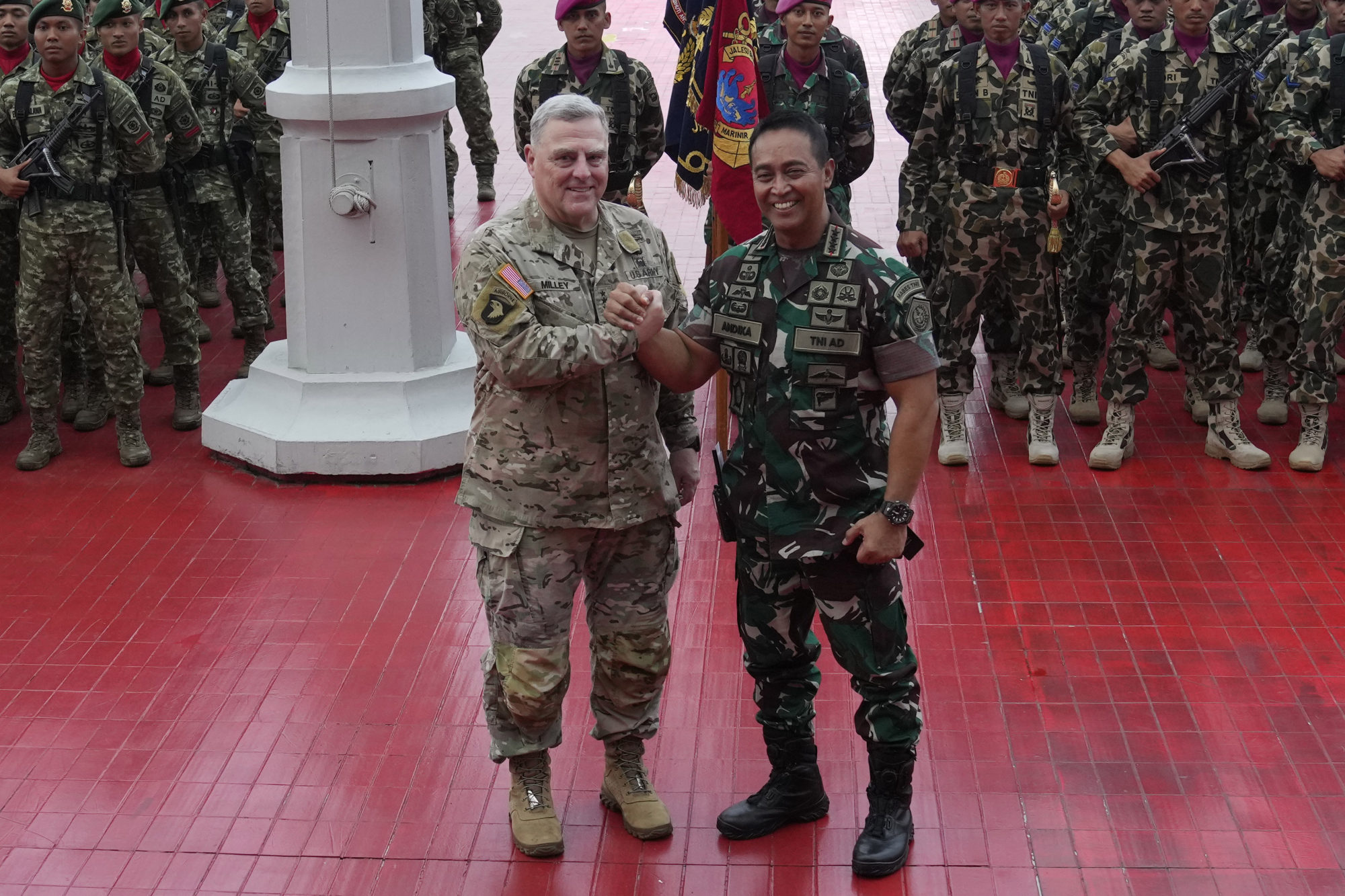
“He’s also touted as a potential candidate for the 2024 presidential election [when Widodo’s term ends] so it’s a good opportunity to start sending messages that he’s someone who’ll look after Indonesia’s sovereignty.”
BRIN’s Dewi said Indonesia’s differing political and military approaches towards China reflected the divide between its economic needs and security concerns.
“In the economic sector, Indonesia wants a good relationship with China and Jakarta will always want it to improve, but Indonesia is also concerned about China’s assertiveness in the South China Sea,” she said.
Blinken set to make Indo-Pacific speech in Indonesia amid Asean push
The US has forged deep military ties with Indonesia over the decades, with many of Jakarta’s top brass – including Andika, Defence Minister Prabowo Subianto, and former president Susilo Bambang Yudhoyono – being trained in the US, Dewi said.
“But the US has only been focusing on security ties. We hope the US steps up its role in the economic field if they don’t want China to become more influential.”
This year’s two-week Super Garuda Shield will involve around 2,000 US and 2,000 Indonesian troops, and take place in South Sumatra, East Kalimantan, and Batam Island.


